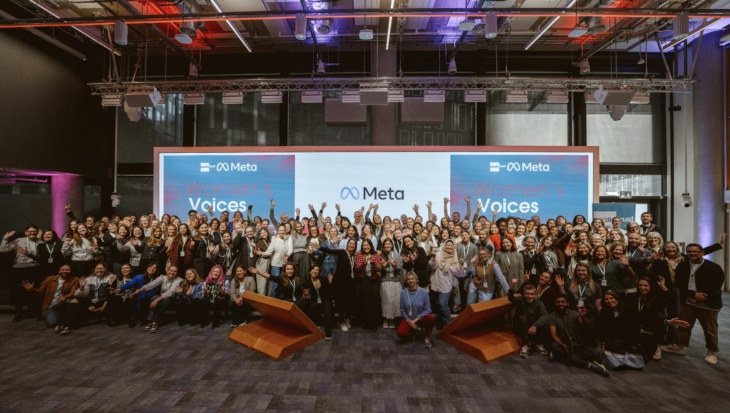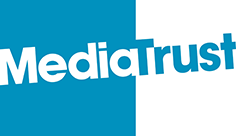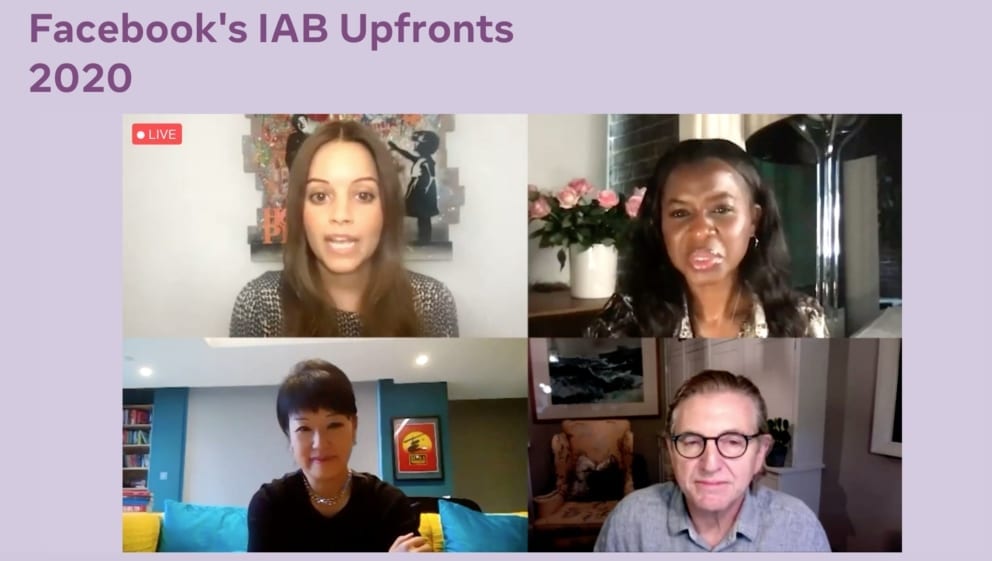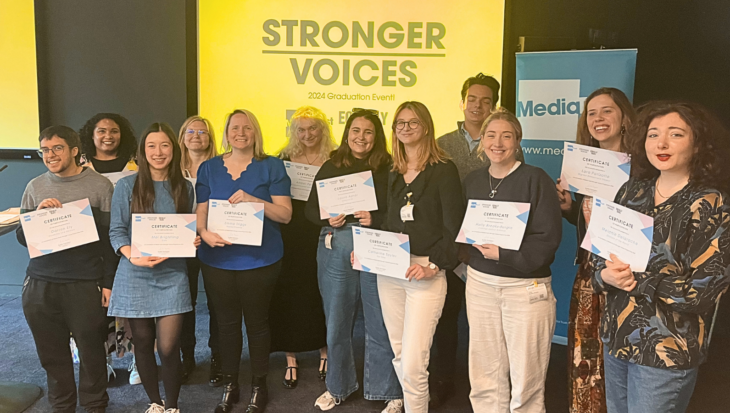That’s a wrap! Media Trust’s ninth annual Women’s Voices 2025
Blogs
A look back at a powerful day of collaboration, creativity, and impact for women and girls. Gender equality is falling behind. As UN Women warns, we will not achieve gender equality by 2030, and women’s...
Posted 26 March 2025



